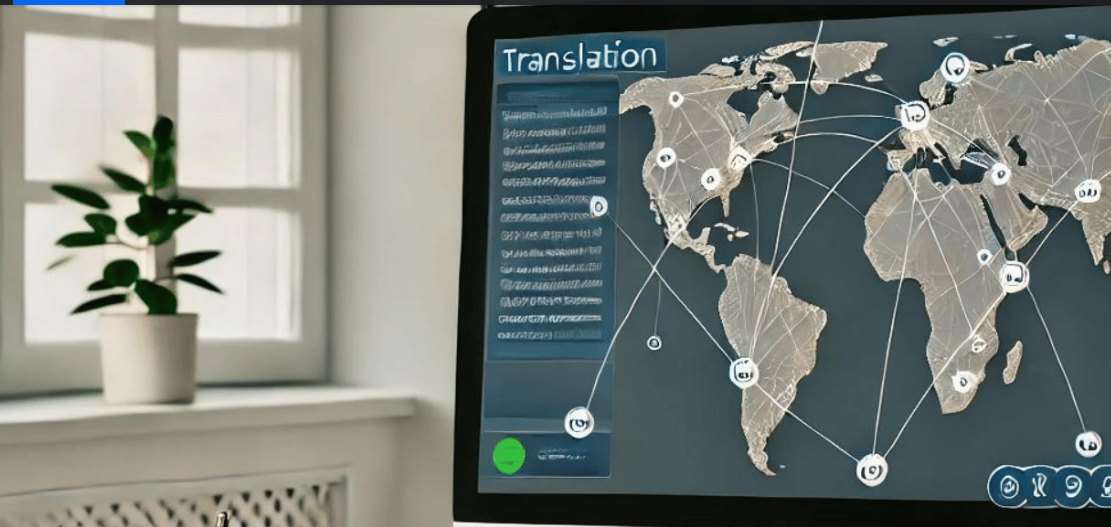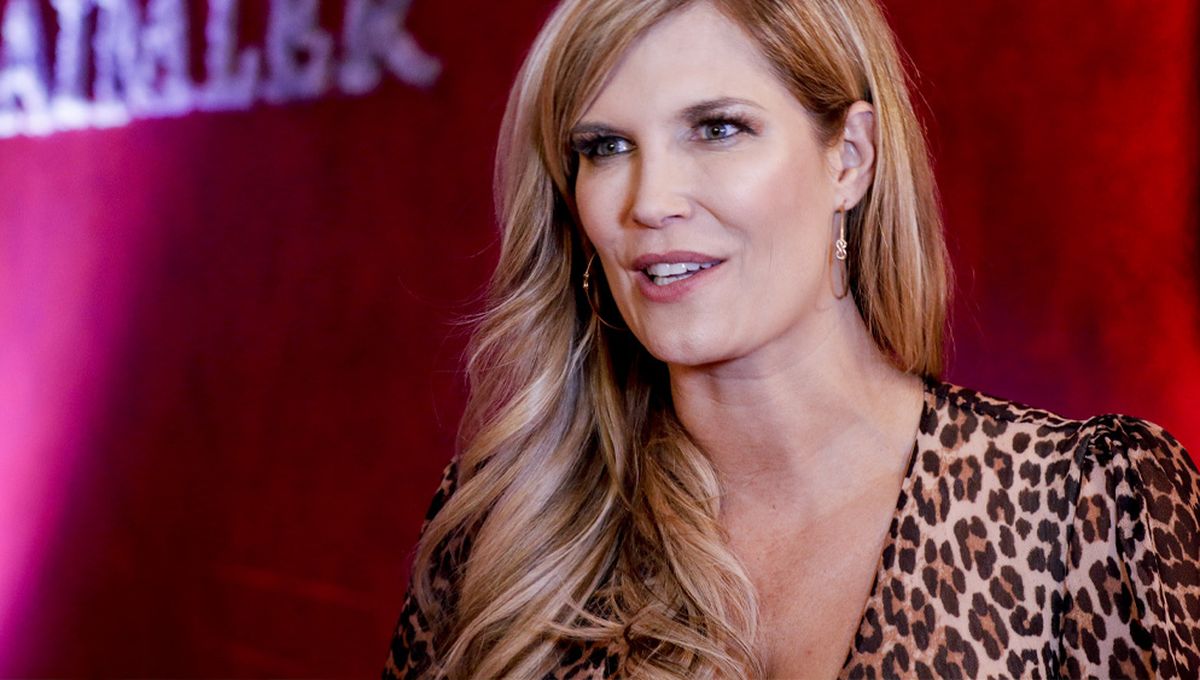
In the ever-evolving landscape of education, the role of prekldača is becoming increasingly significant. The Role of Prekldača in Education: What You Need to Know explores how this educational approach enhances learning experiences for young children. As early childhood education continues to gain recognition for its importance in shaping future academic success, understanding the role of prekldača is crucial for educators, parents, and policymakers.
What is Prekldača?
Prekldača, often translated as “preschool” or “kindergarten,” refers to an educational setting for young children, typically between the ages of three and six. This foundational stage of education focuses on holistic development, including social, emotional, cognitive, and physical growth. Prekldača programs aim to prepare children for primary school while fostering a love for learning.
H2: Importance of Prekldača in Early Childhood Education
The significance of prekldača in early childhood education cannot be overstated. Research shows that high-quality early education has long-lasting effects on children’s academic achievements and social skills. Here are some key reasons why prekldača is essential:
- Socialization Opportunities: Prekldača provides children with their first experiences in a structured social environment. Here, they learn to interact with peers, share, and develop friendships, which are vital skills for later life. The importance of socialization cannot be underestimated, as these early interactions set the stage for future relationships.
- Cognitive Development: The curriculum in prekldača is designed to stimulate cognitive skills through play-based learning. Activities such as storytelling, arts and crafts, and simple problem-solving tasks engage children’s minds and encourage critical thinking. This approach not only enhances academic skills but also promotes creativity and innovation.
- Emotional Growth: In a prekldača setting, children are guided in understanding and managing their emotions. They learn to express themselves, empathize with others, and navigate social situations, all of which are crucial for emotional intelligence. The development of emotional skills at this stage prepares children to face challenges and build resilience.
H3: Curriculum Components of Prekldača
The curriculum in a prekldača program typically includes various components designed to promote comprehensive development:
- Language and Literacy: Early exposure to language through songs, rhymes, and storytelling fosters literacy skills. Children learn to recognize letters, sounds, and basic vocabulary. Activities like reading aloud and interactive storytelling not only enhance language skills but also spark a lifelong love for books.
- Mathematics Readiness: Simple math concepts are introduced through hands-on activities. Counting games, sorting exercises, and pattern recognition help build a solid mathematical foundation. These early experiences lay the groundwork for more complex mathematical understanding in later years.
- Creative Arts: Artistic expression is encouraged through drawing, painting, and music. Creative activities promote imagination and allow children to communicate their thoughts and feelings. The arts also provide an avenue for children to explore their identity and express their uniqueness.
H3: The Role of Educators in Prekldača
Educators in prekldača play a crucial role in facilitating children’s learning experiences. Their responsibilities include:
- Creating a Nurturing Environment: A supportive and safe atmosphere is essential for children to explore and learn. Educators must cultivate a space where children feel valued and secure. This nurturing environment helps build trust and encourages children to take risks in their learning.
- Observing and Assessing Development: Regular observation helps educators understand each child’s unique needs and progress. This information guides individualized learning plans and activities, ensuring that each child receives the support they require. Observations also allow educators to celebrate children’s achievements and milestones.
- Encouraging Parental Involvement: Engaging parents in their children’s education strengthens the home-school connection. Educators often organize workshops and events to keep parents informed and involved. Parental participation is crucial for reinforcing learning at home and fostering a collaborative approach to education.
Benefits of Prekldača Programs
Prekldača programs offer numerous benefits that extend beyond the classroom. Here are some of the key advantages:
H2: Long-Term Academic Success
Studies indicate that children who attend prekldača are more likely to perform better in school compared to their peers who do not receive early education. They exhibit stronger reading and math skills and are more prepared for the transition to primary school. This academic readiness translates into higher graduation rates and greater opportunities in higher education.
H3: Improved Social Skills
The socialization experiences in prekldača lead to better social skills in later years. Children learn to cooperate, resolve conflicts, and engage in group activities, which are essential for teamwork and collaboration in school and beyond. These skills are critical in today’s interconnected world, where teamwork and communication are paramount.
H3: Enhanced Emotional Resilience
Children who experience prekldača often demonstrate greater emotional resilience. They learn coping strategies to manage challenges and setbacks, equipping them with the skills to navigate the ups and downs of life. This resilience is foundational for mental health and well-being, preparing children to face future adversities with confidence.
Challenges Facing Prekldača Programs
Despite the many benefits, prekldača programs face several challenges that can impact their effectiveness:
- Funding Limitations: Many prekldača programs struggle with inadequate funding, which affects the quality of resources, facilities, and educator training. Insufficient funding can hinder the implementation of innovative programs and limit access to necessary materials.
- Access and Equity: There are disparities in access to quality prekldača programs, particularly for low-income families. Ensuring equitable access to early education is essential for promoting social justice. Addressing these disparities is critical for fostering a more inclusive society.
- Curriculum Standards: Variability in curriculum standards across different programs can lead to inconsistencies in the educational experiences of children. Establishing clear, evidence-based standards can help ensure that all children receive a high-quality education.
H2: Strategies for Improvement
To enhance the effectiveness of prekldača programs, several strategies can be implemented:
- Increased Funding: Advocacy for increased funding at local, state, and federal levels can improve resources for prekldača programs. This funding can support better training for educators, updated materials, and improved facilities. Investing in early childhood education is not only beneficial for children but also yields long-term economic benefits for society.
- Community Partnerships: Collaborations between schools, local businesses, and community organizations can create a support network for prekldača programs. These partnerships can provide resources, volunteer support, and enrichment opportunities. Engaging the community fosters a shared responsibility for the education of children.
- Focus on Professional Development: Continuous professional development for educators is vital. Providing training on the latest educational practices, child development, and inclusive teaching strategies can enhance program quality. Professional growth ensures that educators are equipped to meet the diverse needs of their students.
The Future of Prekldača
As the importance of early childhood education continues to gain recognition, the future of prekldača looks promising. Emerging trends and innovations are shaping the way these programs operate:
H3: Technology Integration
The integration of technology into prekldača programs can offer new learning opportunities. Interactive apps and educational software can complement traditional teaching methods, engaging children in dynamic and interactive ways. However, it’s essential to strike a balance, ensuring that technology enhances rather than replaces hands-on learning experiences.
H3: Emphasis on Play-Based Learning
There is a growing emphasis on play-based learning as a fundamental aspect of prekldača. Research supports the idea that play is essential for children’s development, fostering creativity, problem-solving skills, and social interactions. Play-based learning environments allow children to explore their interests and develop autonomy in their learning processes.
H2: Inclusive Education Practices
An increasing focus on inclusive education practices ensures that prekldača programs cater to diverse learning needs. By adopting inclusive teaching strategies, educators can create an environment where all children, regardless of their abilities, can thrive. This commitment to inclusivity promotes empathy and understanding among peers.
Building a Supportive Community
Community involvement is key to the success of prekldača programs. Local organizations, businesses, and families can contribute to creating a supportive ecosystem for early childhood education. Community events, workshops, and resources can enhance children’s learning experiences and foster a sense of belonging.
Conclusion
In conclusion, The Role of Prekldača in Education: What You Need to Know highlights the vital significance of early childhood education in shaping future generations. Prekldača programs not only lay the groundwork for academic success but also foster essential social and emotional skills.
Despite the challenges faced, the continued evolution and enhancement of prekldača are crucial for ensuring that all children have access to quality early education. By investing in prekldača and advocating for its importance, we can create a brighter future for our children, empowering them to reach their full potential.
Through the collective efforts of educators, parents, and communities, we can ensure that prekldača remains a cornerstone of early childhood education, providing children with the skills and support they need to navigate their educational journeys successfully. As we look to the future, our commitment to nurturing young minds will shape not only individual lives but also the broader society.







